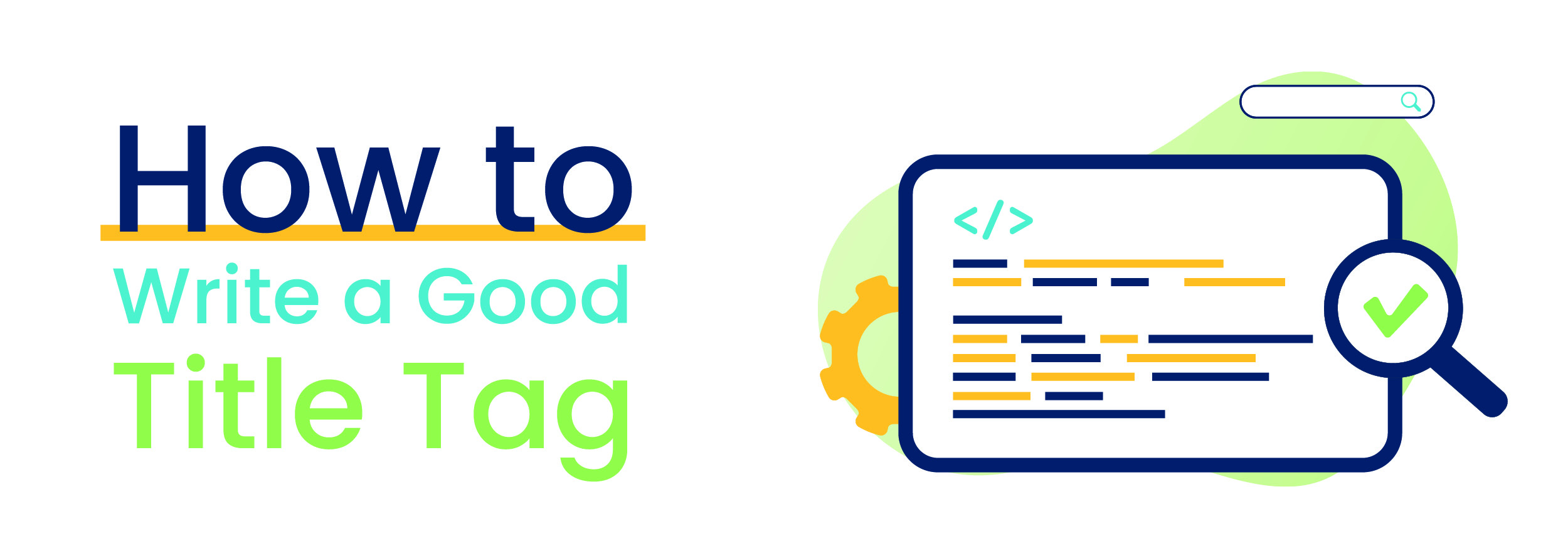
Crafting a good title is vital. The Lord of the Rings wouldn’t have been anywhere near as successful if Tolkien had named it A Really Long Walk to Return Some Jewellery.
The same rule applies to Search Engine Optimisation (SEO) and the pages on your website. A web page’s title tag can have a massive impact on where it ranks on the Search Engine Results Page (SERP).
So, what is a title tag, and how do you make a good one? Read on to find out.
More...
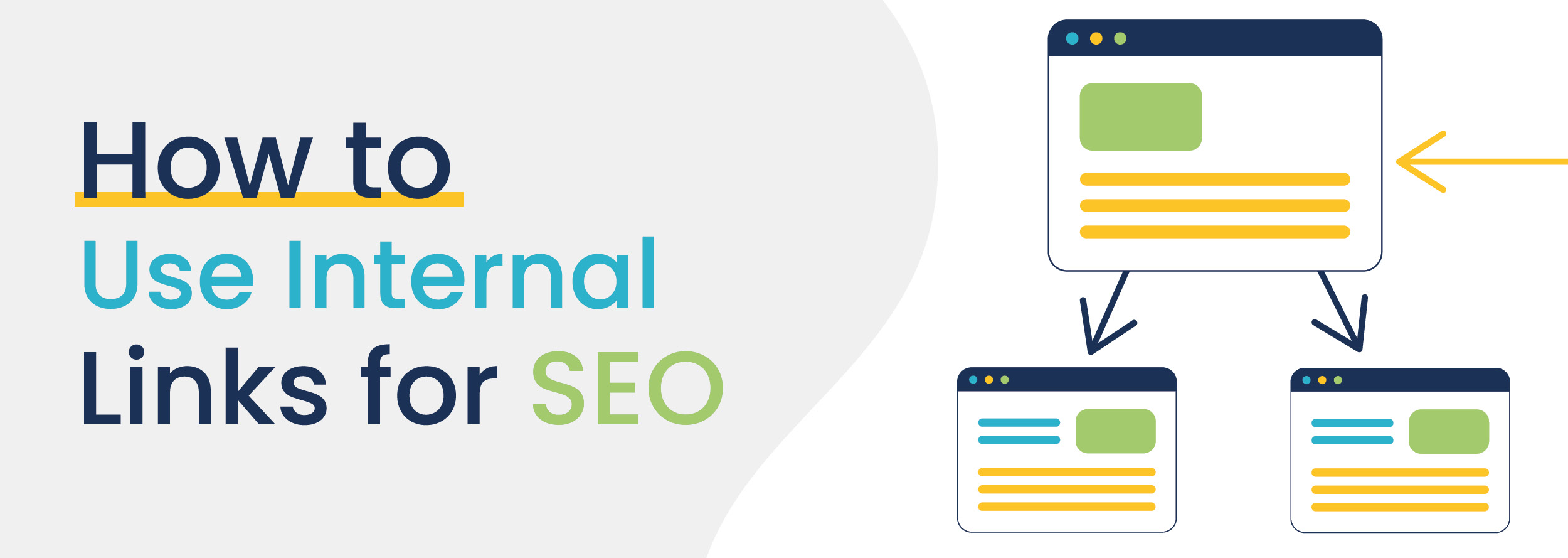
On any website, moving from one page to another requires internal links. Their function is that simple – but with careful construction and deployment, internal links can have a great effect on your Search Engine Optimisation (SEO) strategy.
How is this possible? Read on to find out.
More...
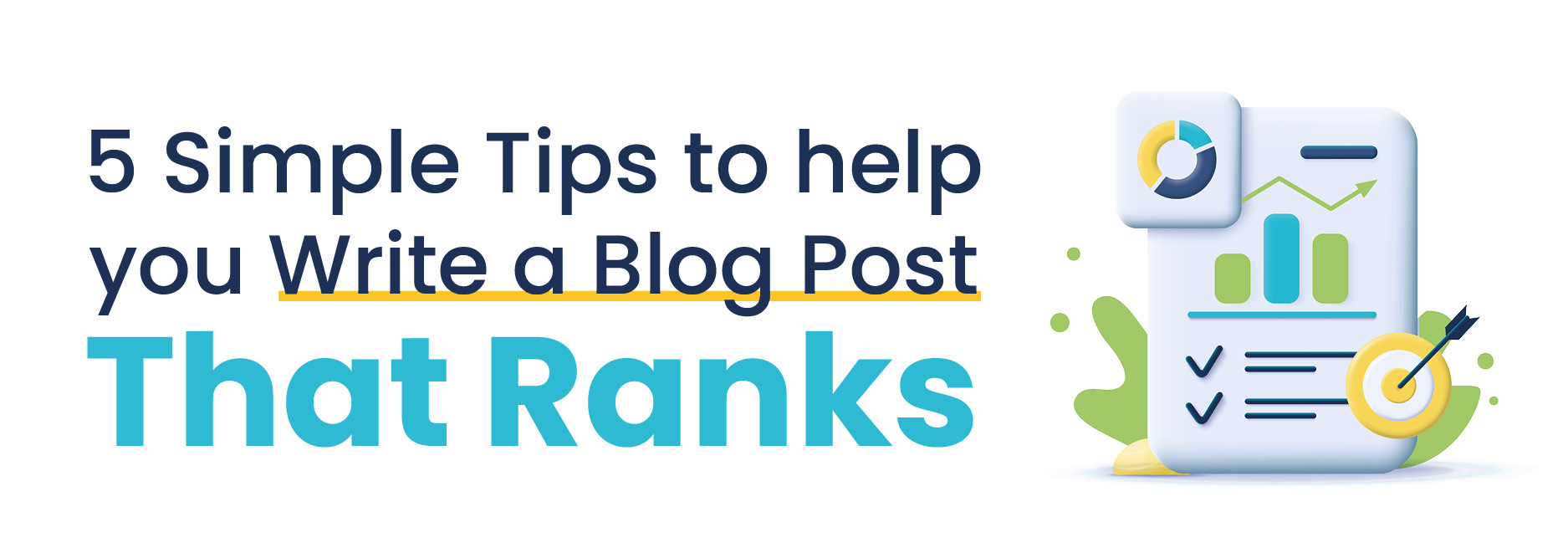
There’s no real right or wrong way to write a blog. Anyone can do it. But the biggest difference between a good blog and a great blog that ranks highly on Google is SEO.
SEO (Search Engine Optimisation) is ever changing and the list of ways in which to enrich your online content is practically never-ending. Sound daunting? Don’t worry, here are 5 simple tips to get you started and help you write a blog post that ranks.
More...
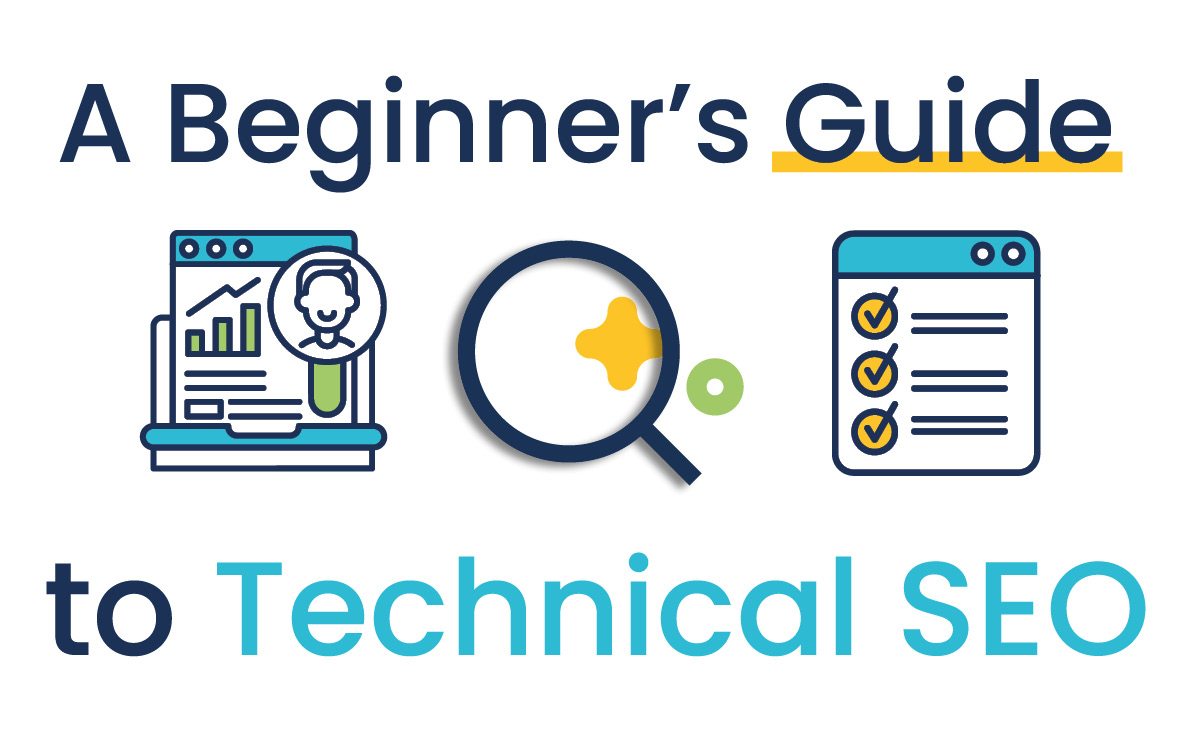
Search engines receive billions of queries every day. SEO – or Search Engine Optimisation – is the process of driving traffic to a website by optimising its contents for a search engine.
When curating optimised content for your website, it’s important to make sure that your content is readable by both humans and search engines – they key to great SEO is finding that balance.
More...
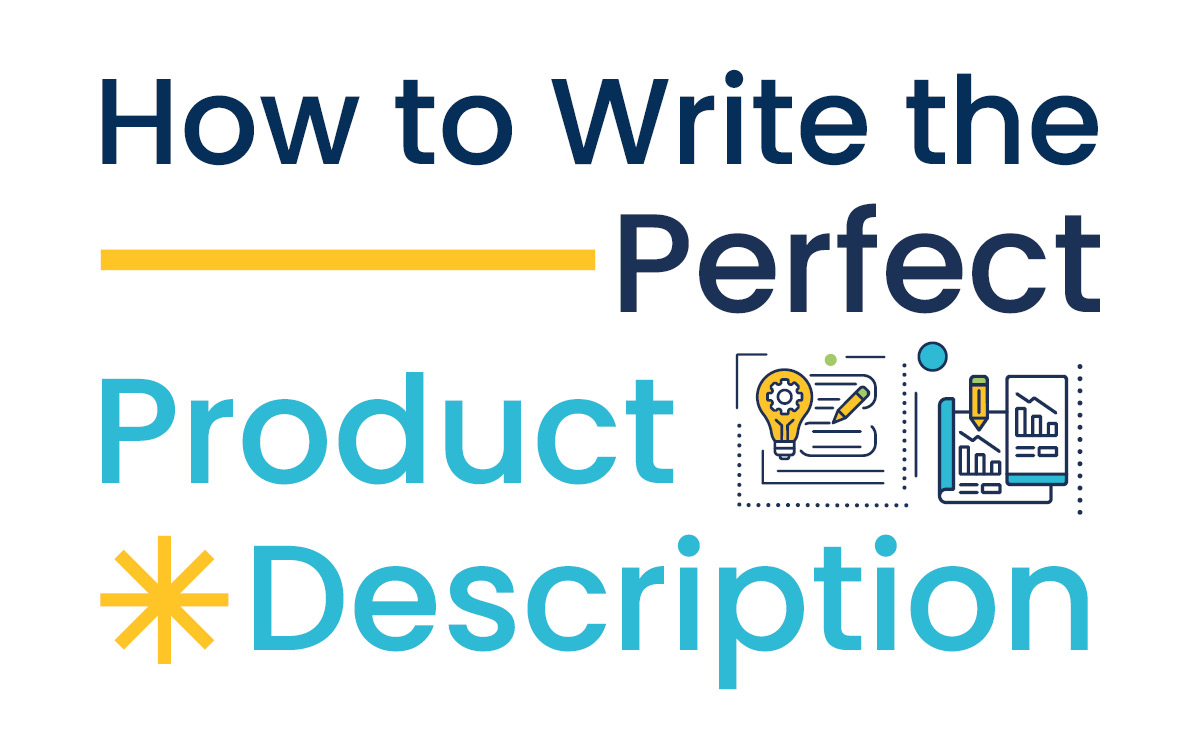
If you run an ecommerce business, it's important to display your products in the most effective way possible. There are many things you can do to optimise your product pages - especially when it comes to writing product descriptions.
Product descriptions are essential as they summarise what your business is offering and how your product can benefit a potential customer. Without further ado, let's take a look at how to write the perfect product description...
More...